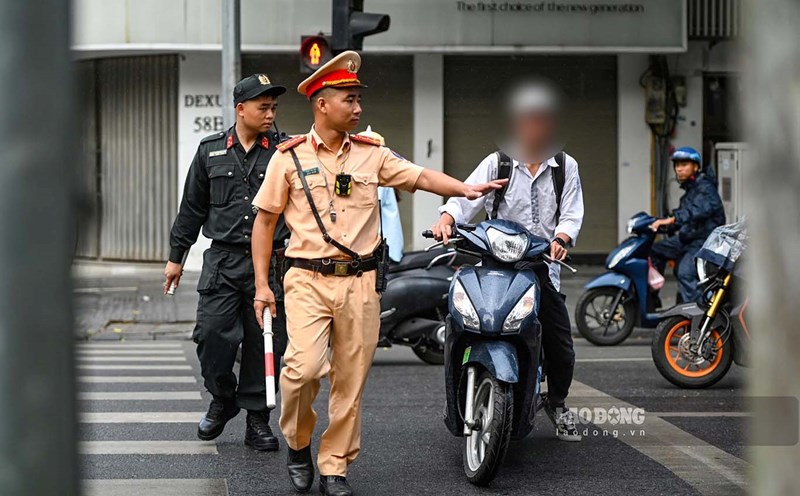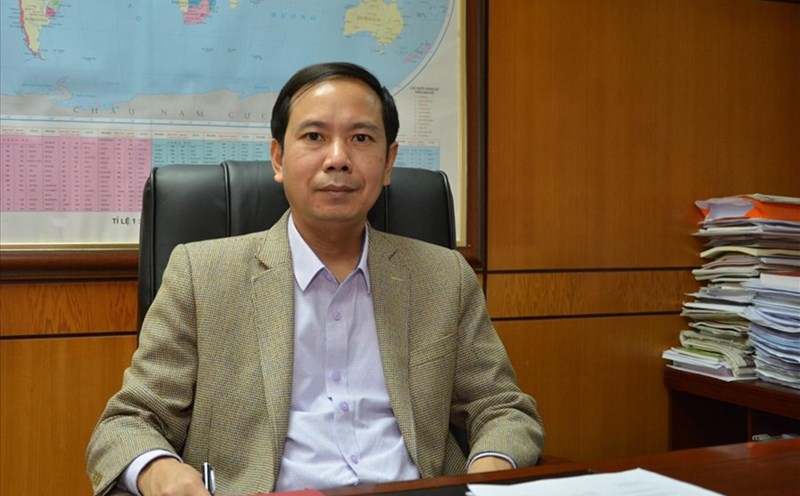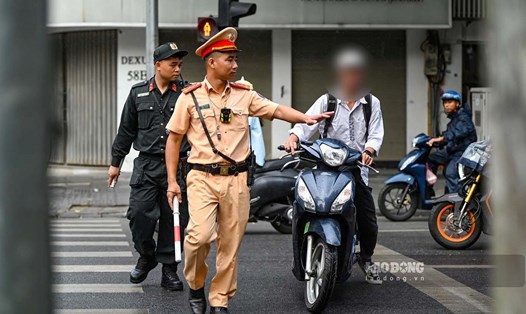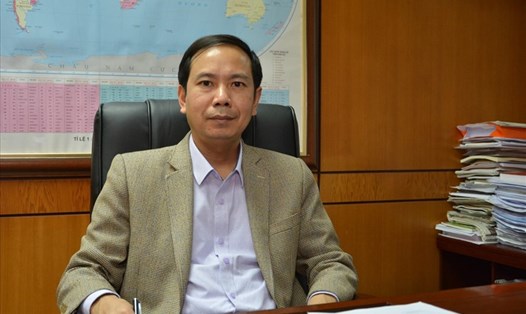The conference is held annually at many of the world's leading universities and attracts the participation of hundreds of scholars from the UK, Germany, USA, Korea, Japan, France, Thailand, Spain, China and Vietnam...
With the theme “Changes in the Science of Learning and Technology”, the conference attracted 200 domestic and foreign scientists to submit papers. The organizing committee selected and organized 12 oral presentations and 44 poster presentations at the conference.
Associate Professor Dr. Nguyen Duc Son - President of Hanoi National University of Education believes that this event will spark in-depth discussions and meaningful collaborations, creating lasting impacts not only in the field of learning sciences but also beyond.
Speaking at the workshop, Associate Professor Dr. Nguyen Van Hien - Chairman of the Council of Hanoi National University of Education acknowledged that technological advancement has become a driving force for the continuous development of education. This process has led to transformational changes in many aspects of education; especially in terms of goals, content, methods and structures.
These changes place urgent demands on teacher education programs at teacher training colleges. These programs need to adapt to the changing educational landscape to adequately prepare future teachers for the challenges and opportunities of the 21st century.
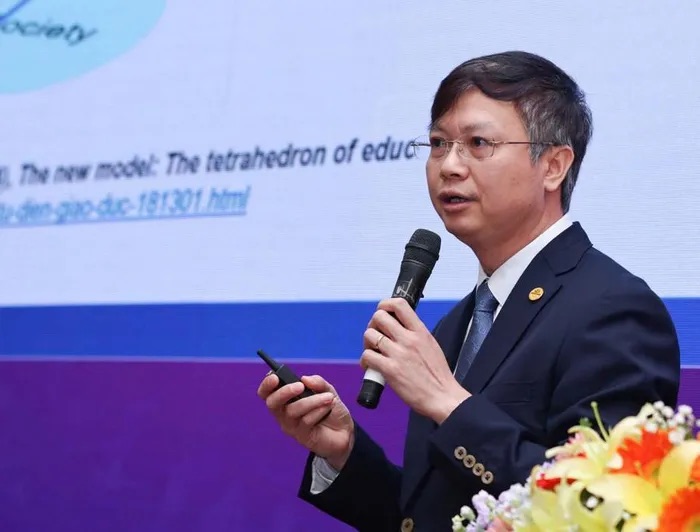
Based on the analysis of the latest research published in journals in the SCOPUS system, related to the future of education from the perspective of technology integration, the Chairman of the Council of Hanoi National University of Education realized that digital tools and technologies are increasingly prominent in the educational environment.
New pedagogical approaches are emerging and gaining popularity, notably the trend of personalized learning, where teaching content is tailored to meet the individual needs of each student.
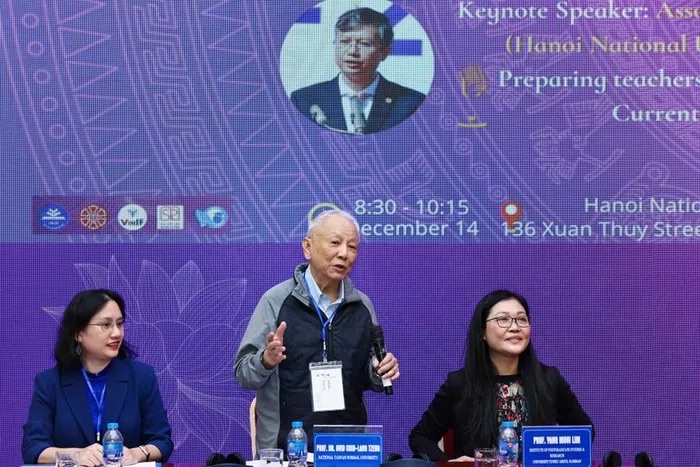
Additionally, the integration of artificial intelligence (AI) in education is becoming increasingly popular, improving both the learning and teaching experience, while providing effective methods for assessing and tracking student learning progress.
Furthermore, there is a significant shift towards hybrid and remote learning models, providing greater flexibility and access to education for students, regardless of geographic location. These trends represent a major shift in the structure, delivery methods, and experience of education.
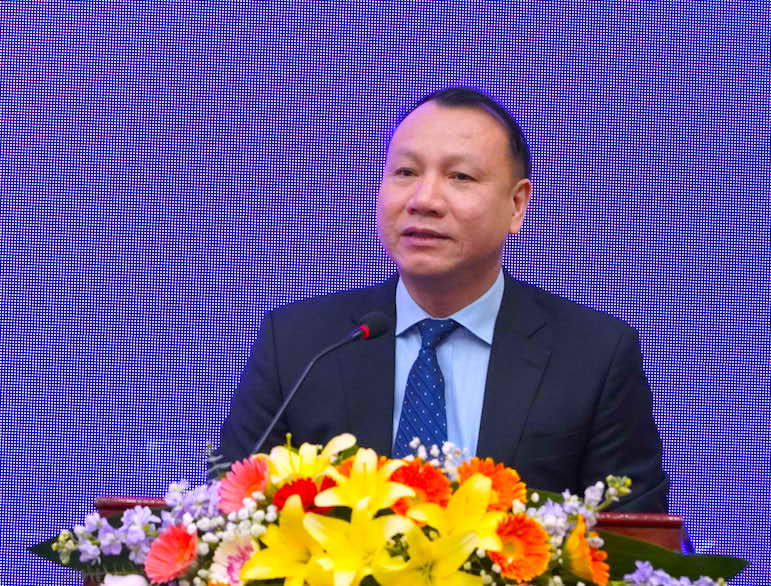
Professor Chun-Yen Chang, National Taiwan Normal University (China) - said that the model for teacher professional development is DECODE (DEmo-CO-design/teach-feedback-DEbriefing) designed to enhance teaching practices by integrating innovative technologies such as AI, through CloudClassRoom technology and pedagogical strategies that teachers and students can access, promising to transform the way we educate.
Through practical implementation in Taiwan (China), the DECODE model intersects technologies such as generative AI with teachers and students so that pedagogical technologies and subjects of CCR and AISI can be easily accessed to transform teacher training programs in the 21st century...
At the workshop, experts and scientists focused on discussing issues such as: Teaching Science, STEM/STEAM education, application of information technology and use of artificial intelligence (AI) in language teaching, interdisciplinary application between linguistics and neuroscience...


